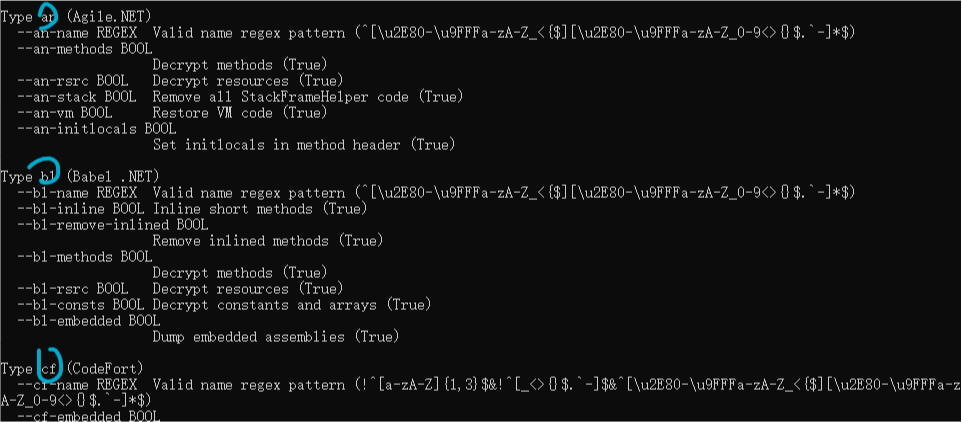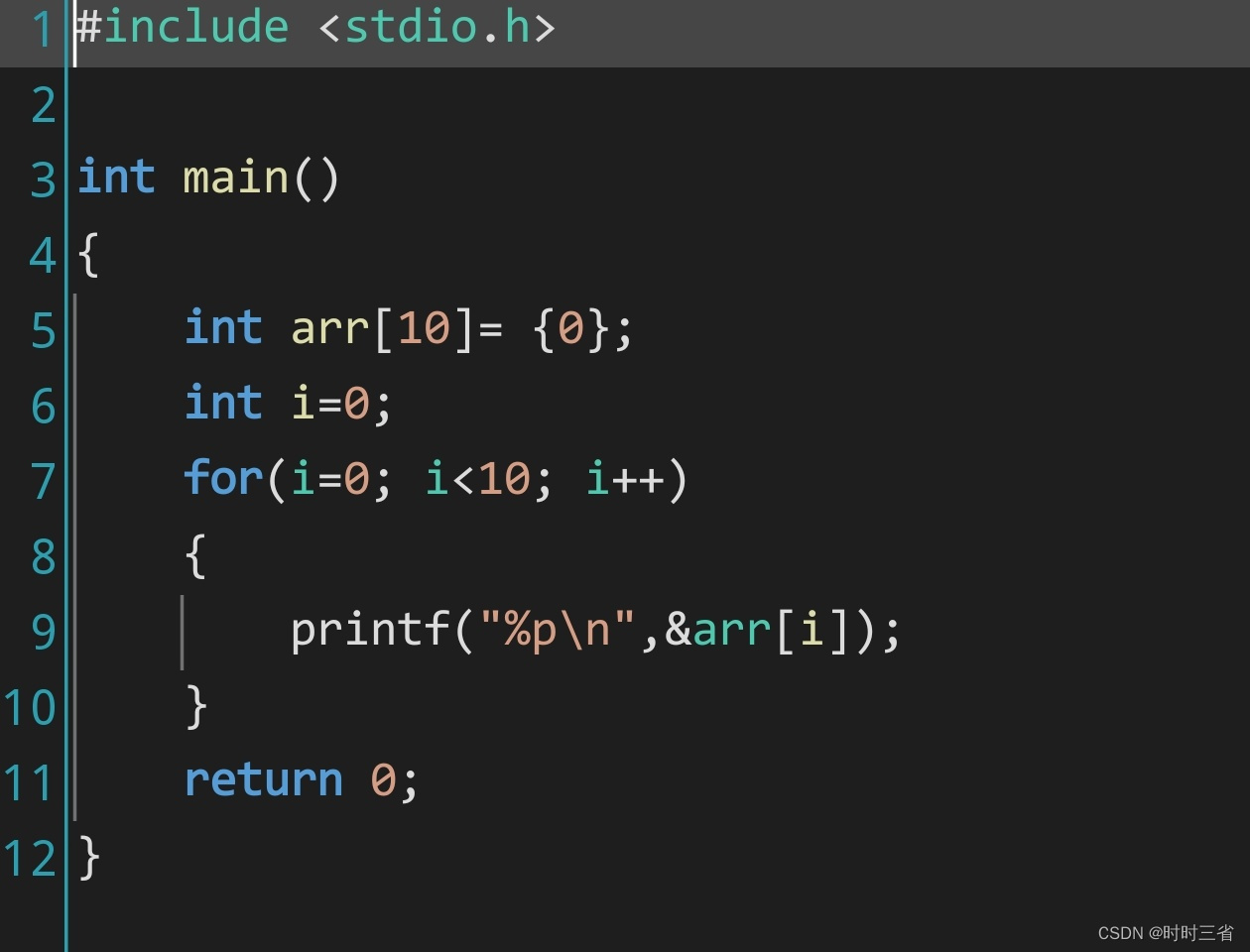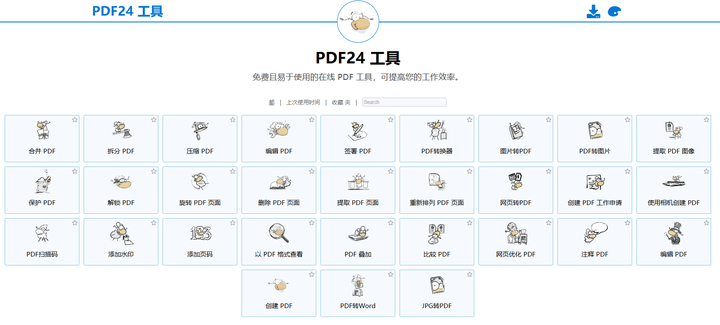文章目录
- 一、基础英语之疑问句
- 二、口语题:描述一个认为音乐很重要并且喜欢音乐的人
一、基础英语之疑问句
英语中的疑问句可以根据结构和用途被分为几种主要类型:
-
一般疑问句(General Questions):
- 结构:助动词 + 主语 + 主要动词 + 其他?
- 例子:Are you from China?
-
特殊疑问句(Wh-Questions):
- 使用疑问词(如who, what, where, when, why, how等)开头。
- 结构:疑问词 + 助动词 + 主语 + 主要动词 + 其他?
- 例子:What time does the store open?
-
选择疑问句(Alternative Questions):
- 提供两个或多个选项供选择。
- 结构:第一个选项 + “or” + 第二个选项 + 疑问词?
- 例子:Do you want tea or coffee?
-
反意疑问句(Tag Questions):
- 在陈述句后附加一个简短的疑问句,用于确认信息或寻求同意。
- 结构:陈述句 + 助动词/主要动词的反义形式 + 主语?
- 例子:You are from China, aren’t you?
-
间接疑问句(Indirect Questions):
- 疑问句作为另一个句子的一部分出现,而不是直接提问。
- 结构:主句 + 疑问词 + 陈述句语序的从句。
- 例子:I wonder what time the store opens.
-
修辞疑问句(Rhetorical Questions):
- 用于强调或表达情感,并不真正期待回答。
- 结构:与一般疑问句或特殊疑问句相同,但用途不同。
- 例子:Who wouldn’t want to go on vacation?
-
澄清性疑问句(Clarification Questions):
- 请求对方澄清或提供更多信息。
- 结构:简短的疑问句,可能不包含疑问词。
- 例子:What do you mean?
-
是非疑问句(Yes-No Questions):
- 只需要回答“是”或“不是”的疑问句。
- 结构:与一般疑问句相同。
- 例子:Is this your book?
-
条件疑问句(Conditional Questions):
- 询问在特定条件下会发生什么。
- 结构:如果 + 陈述句,主句 + 疑问词?
- 例子:If it rains, will the game be cancelled?
二、口语题:描述一个认为音乐很重要并且喜欢音乐的人
题目:Describe a person who thinks music is important and enjoys music
解析:You should say:
Who this person is
How you knew him/her
What music he/she likes
Why he/she thinks music is important
And explain how you feel about this person
正文:
第一段:
The person I want to describe is my friend Alex. I met Alex during our college days when we were both members of the campus music club. He has always had an affinity for music, and over the years, his passion has only deepened.
第一段:现在完成时的使用,如 “I met Alex” 和 “his passion has only deepened”,这表明自过去以来一直在进行或产生影响的动作或状态。
第二段:
Alex has a broad taste in music, but he is particularly fond of jazz and classical music. He often spends his evenings listening to the likes of Miles Davis and John Coltrane, and he appreciates classical composers such as Mozart and Beethoven. He also enjoys exploring world music to understand different cultures through their sounds and rhythms.
第二段:使用 “the likes of” 来举例特定的艺术家,这是一个较为口语化的表达。
第三段:
For Alex, music is much more than just entertainment; he believes it’s a vital part of life. He views music as a universal language that can express emotions when words fall short. Alex often says that music has the power to heal and bring people together, creating a sense of community and shared experience. He also uses music as a way to enhance his daily routines, whether it’s energizing music in the mornings or calming sounds to unwind in the evening.
第三段:
(1)music is much more than just entertainment:音乐绝不只是娱乐
(2)使用了现在分词短语 “creating a sense of community and shared experience” 作为结果状语,用来说明音乐如何 “heal and bring people together” 的结果或效果。现在分词短语在这里相当于一个省略了主语和助动词的结果状语从句。
(3)enhance his daily routines,whether it’s energizing music in the mornings or calming sounds to unwind in the evening.
第四段:
What I admire most about Alex is his ability to articulate his passion for music and how he uses it to influence his lifestyle positively. His enthusiasm for discovering new music and his willingness to share it with others is infectious. It’s always enlightening to attend concerts with him or just have discussions about different musical genres.
第四段:
(1)articulate表达
(2)It’s always enlightening to:很有启发。。。
第五段:
Personally, I feel grateful to have a friend like Alex. His deep appreciation for music has broadened my own musical tastes and taught me to appreciate the nuances of different genres. His perspective on the importance of music has also encouraged me to incorporate more of it into my own life, enhancing my overall well-being. Alex’s passion for music and his thoughtful nature make him a continually inspiring and enjoyable person to be around.
第五段:
(1)appreciate the nuances of different genres:欣赏不同题材的细微差别
(2)His perspective on the importance of music has also encouraged me to incorporate more of it into my own life, enhancing my overall well-being.现在分词短语作为结果状语,即使用现在分词 “enhancing” 来表达 “encouraged me to incorporate more of it into my own life” 这个动作的结果




















